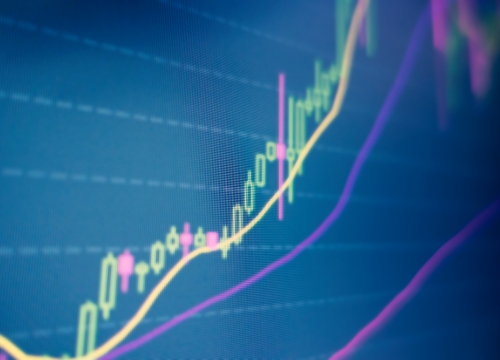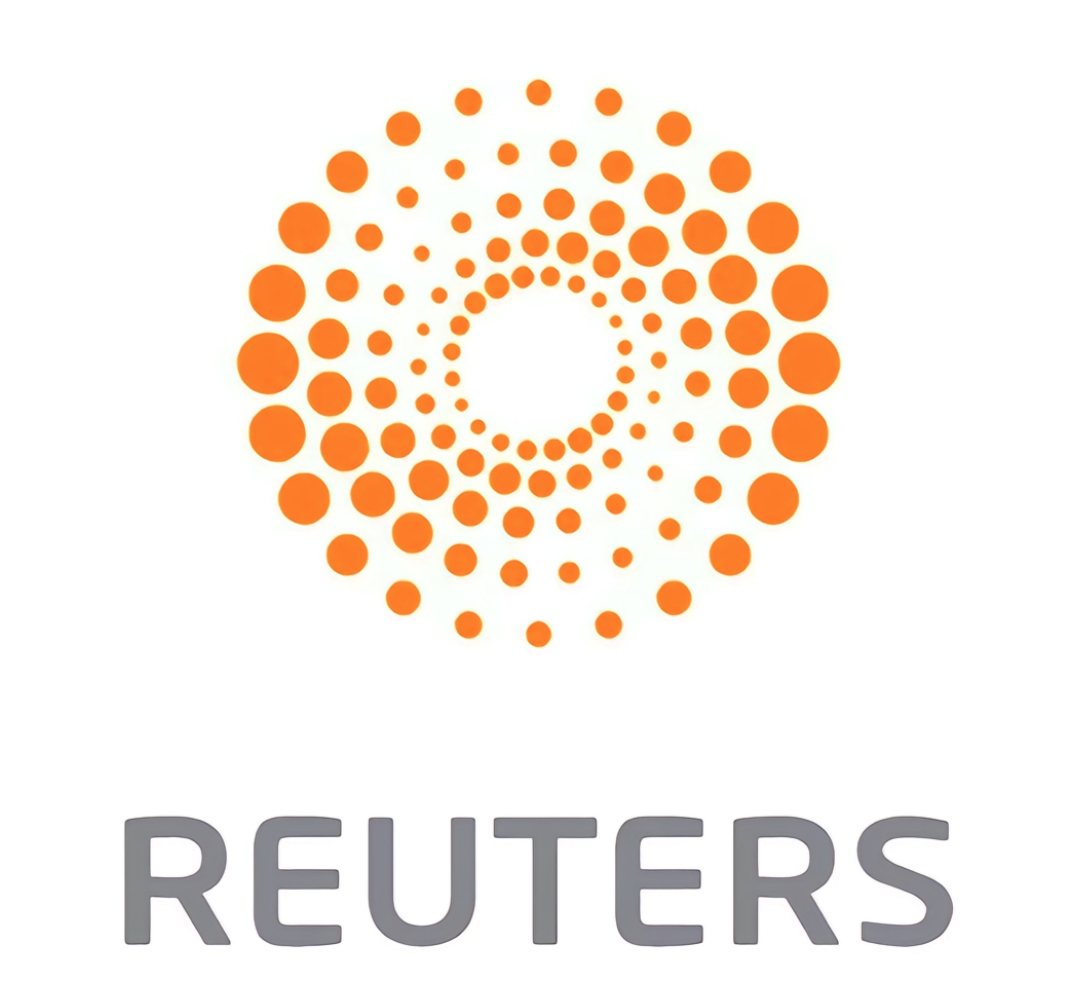
TOKYO/SEOUL, July 23 (Reuters) - Shares of Japanese and South Korean automakers surged on Wednesday after U.S. President Donald Trump announced a trade deal with Tokyo that sources said would include reducing a tariff on Japanese auto imports to 15%, a move that stoked optimism about a similar deal for Seoul.
Shares of Toyota 7203.T, the world's top automaker by sales, jumped 13% while rival Honda 7267.T advanced more than 9%. The lower tariff - from 25% previously - would ease the pain for Japan's most important industry in its most crucial market.
South Korean automakers gained on hopes Seoul would clinch a similar deal. Both Hyundai Motor 005380.KS and Kia 000270.KS rose more than 6%.
The agreement with Japan, the world's fourth-largest economy and a pivotal U.S. ally in Asia, is by far the most significant among several trade deals struck by the White House ahead of an August 1 deadline when higher levies are due to kick in.
While Trump did not give details on the auto portion of the deal in a post on his Truth Social platform, industry and government officials briefed on the agreement said it lowers the tariff to 15% from 25% on autos, which account for more than a quarter of Japan's exports to the U.S.
Still, it is unlikely to be all smooth sailing for Asian automakers. So far, tariffs from Canada and Mexico remain in place at 25%. Mexico in particular is a key production hub for Japanese automakers, including Nissan 7201.T, and also home to a Kia 000270.KS factory. Nissan shares were up almost 9%.
News of Japan's trade deal is also likely to pile pressure on Seoul to come up with its own agreement ahead of the August 1 deadline.
Seoul is taking a close look at the U.S.-Japan deal, South Korea's industry minister said. South Korea is a major competitor of Japan in areas such as autos and steel. It heads into high-level trade with the United States on Friday.
For both Japan and South Korea, the auto industry provides major exports, millions of manufacturing jobs and is a deep source of national pride.
Even with tariffs, the U.S. remains by far the most important market for Toyota, Hyundai, Honda, Nissan and others. At Toyota and Hyundai alone, North America accounts for at least 40% of the revenue, filings show.
The U.S. is Toyota's biggest market in terms of vehicles. It sold 2.3 million vehicles there in 2024, including its Lexus brand, accounting for more than a fifth of its global total.
As a source of revenue, North America was second only to Japan in the last financial year. Meanwhile, Hyundai's North American revenue was the highest in almost a decade last year.
* The content presented above, whether from a third party or not, is considered as general advice only. This article should not be construed as containing investment advice, investment recommendations, an offer of or solicitation for any transactions in financial instruments.


